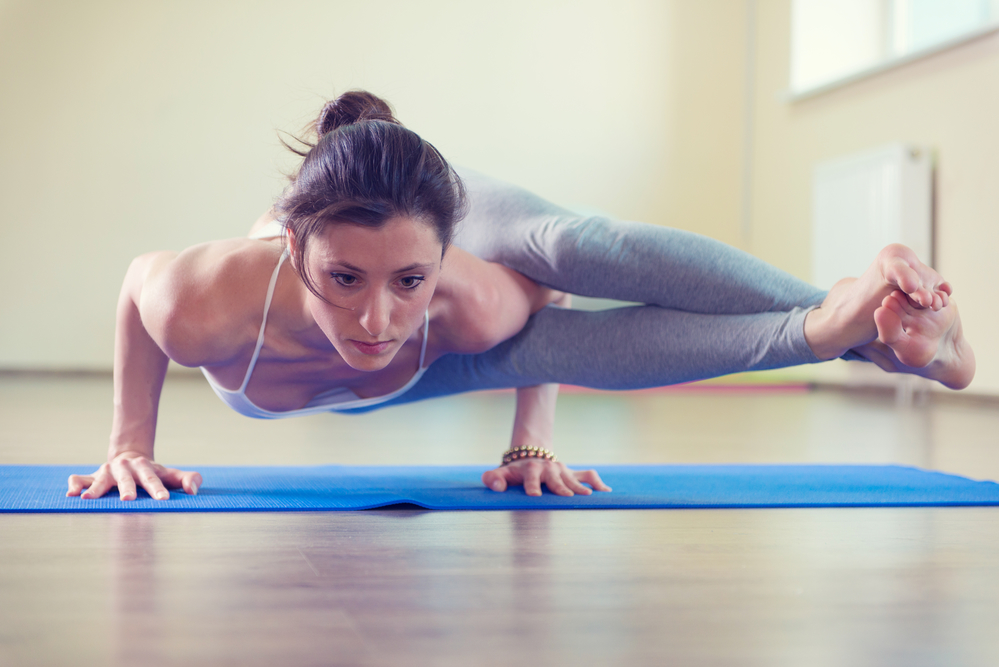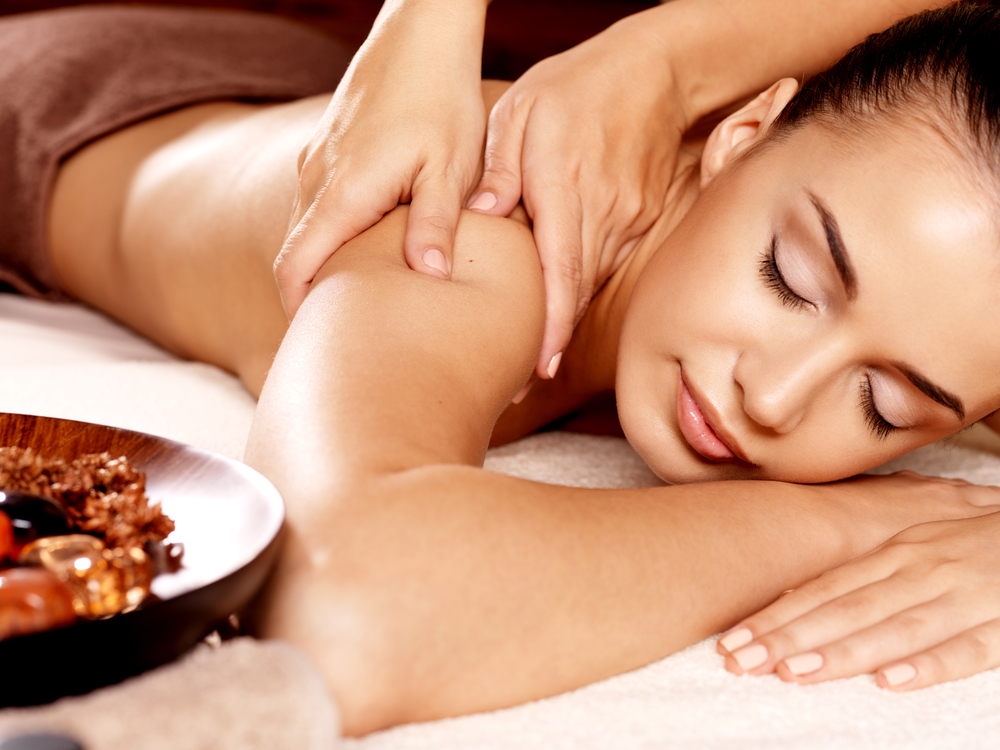A 2001 survey in the ‘American Journal of Psychiatry’ showed that more than one-third of Americans use alternative medicinal treatments or therapies each year. Alternative treatments for anxiety and depression include relaxation techniques, hypnosis, self-help groups, massage, yoga and exercise.
‘The American Journal of Psychiatry’ also surveyed 2,055 grown-ups with grave depression and realised that 53.6 percent are using alternative therapies. More than 60 percent of the patients suffering from severe depression, as diagnosed by a psychiatrist, also included some form of these therapies into their treatment. The research is limited, but most people surveyed turned to alternative therapies rather than conventional treatments. They also discovered that alternative therapies have effects that are similar to traditional therapies.
Nowadays, people who suffer from depression turn to alternative therapies. Alternative therapies are popular because medication and traditional therapy can be expensive and not everyone has insurance coverage. In addition, many of the prescribed medications and treatments can have unfavourable side effects such as sexual dysfunction and weight gain. Many patients look for more natural ways of handling depression. In particular, pregnant and nursing women have to be worried about how medications might affect their child.
Alternative therapies for depression help people cope with depression, but they frequently have side effects and occasionally take a while to work. People who suffer from depression and are considering using another form of therapy should seek the advice of a health care provider to achieve the best results.













